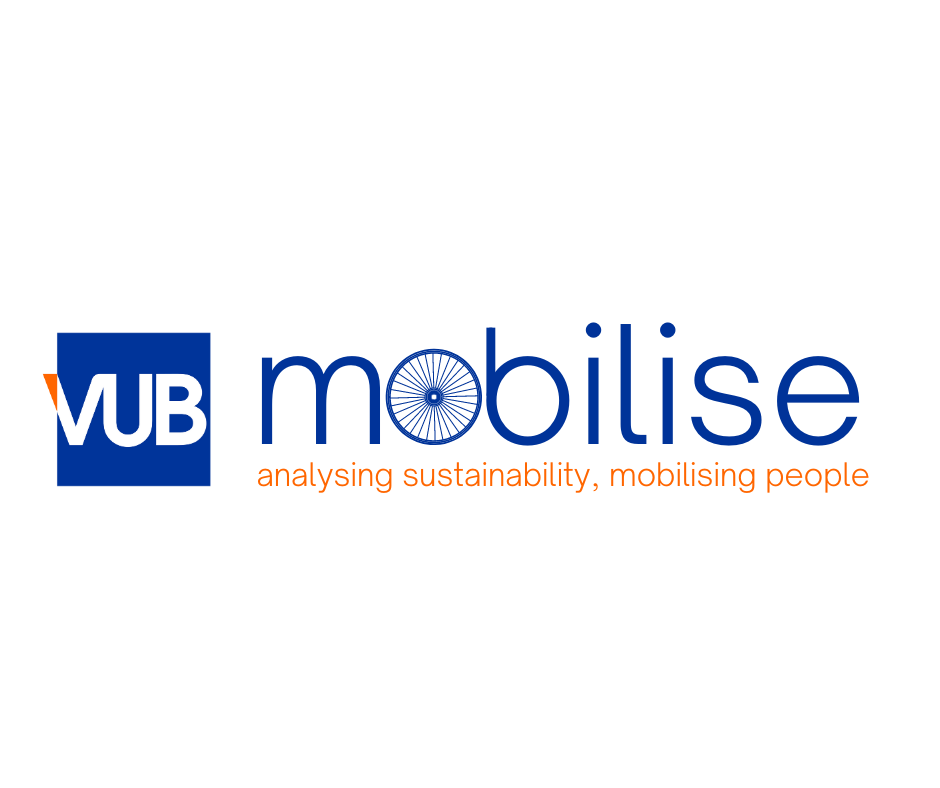
A hands-on course for civil servants to engage with citizens on mobility topics
Citizens on the Move is a newly developed training programme to boost the capacities of city governments to engage with their citizens and other stakeholders on the sustainability mobility transition.
The training programme will introduce civil servants to relevant methodologies and techniques to:
- Effectively communicate with citizens about urban mobility concepts in order to facilitate public acceptance and behaviour change;
- Design and implement engagement activities such as co-creation workshops to develop urban mobility ideas and solutions together with citizens;
- Evaluate the deployment of novel urban mobility solutions (e.g., city pilots) from a user and citizen perspective.
Who is this programme for?
Civil servants who work on the topic of urban mobility (e.g., mobility departments, EU project offices, smart city departments, etc.)
For this first edition, professionals working for public authorities in countries covered by the Regional Innovation Scheme are eligible to participate.
Participants will be expected to:
- Propose a case study from their own city (i.e. a mobility project where they would like to engage with citizens)
- Actively participate in the four online modules, including a final presentation of their case study
- Attend the in-person site visit in Rotterdam
Fees
The Fall 2023 programme including the site visit is being offered free-of-cost for participants within the EIT Urban Mobility RIS Community (EIT Urban Mobility partners/Leading Cities and invitees from RIS Hubs).
The normal programme fee is 1.200 Euros, with scholarships available for participants through a competitive application.
Interested? The application period is now open - apply by 31 August 2023. Go to application form.
Timeline and format
The course consists of 5 modules and will start on the 10th of October 2023 and end on the 28th of November 2023.
Module 1: Overview of citizen engagement and stakeholder analysis - 10.10.2023 in the morning
This training is led by Mobilise and will give an overview of different co-creation methods (such as visual surveys, group activities, digital tools, street experiments, etc.) and their pros and cons. In addition, a special focus will be placed on techniques to identify and map the objectives and challenges of citizens and other stakeholders, to ensure that the chosen co-creation methods are best suited to their desired outcomes.
Module 2: Site Visit - 24 & 25.10.23
Day 1: Co-creation workshops
This module will deep dive into one of the citizen engagement methods outlined in the first module - co-creation workshops. Co-creation workshops can be an effective way to bring citizens and different stakeholders together to collaboratively develop a solution to a challenge, thus helping to increase the acceptance and adoption of the solution. Based on a design thinking methodology, you will learn techniques to elicit actionable ideas from citizens and shape project requirements, as well as facilitation tips and tricks to maintain a constructive and inclusive workshop.
Day 2: Testing and evaluating urban mobility pilots
Pilot projects allow cities to test new mobility concepts, to understand the public response and evaluate whether, how and where to scale the project further. But the evaluation component often falls by the wayside. This module will focus on different tools to gain valuable and actionable in-depth insights from citizens and end-users in response to a pilot project. These insights can help to align the concept to the local context, identify the correct messaging and increase user adoption. An overview of design research ethnography tools including flash demos, interviews, user testing, observations, travel journals, etc. will be provided, together with hands-on experience to try these methods in the field.
Module 3: Communicating with citizens about urban mobility - 31.10.23 in the morning
This module focuses on translating technical and administrative content and concepts into everyday language and stories that your target audience understands and can relate to.
Whether it's raising awareness about an upcoming mobility change, educating people about sustainable mobility, or even inviting people to join your public workshop - finding the right way to communicate is critical to getting your message across and bringing people on board.
In this module we will focus on your case study and hone the specific messages that you would use to engage citizens and bring them into the conversation.
Module 4: Behaviour change through nudging - 14.11.23 in the morning
What is nudging and is it an effective way to encourage people to take up more sustainable mobility habits? In this module, you will learn about nudging techniques and in what situation they are more or less effective to influence people's behaviour. Through examples and hands-on exercises, you will learn how to apply nudging strategies for your own case study. After the module, you will have a chance to follow up with additional questions and feedback on your nudging ideas with the trainer.
Module 5: Final presentations - 28.11.23 in the morning
In this final session, you and the other course participants will present your own citizen engagement strategy for their case study, developed through the first four models.
